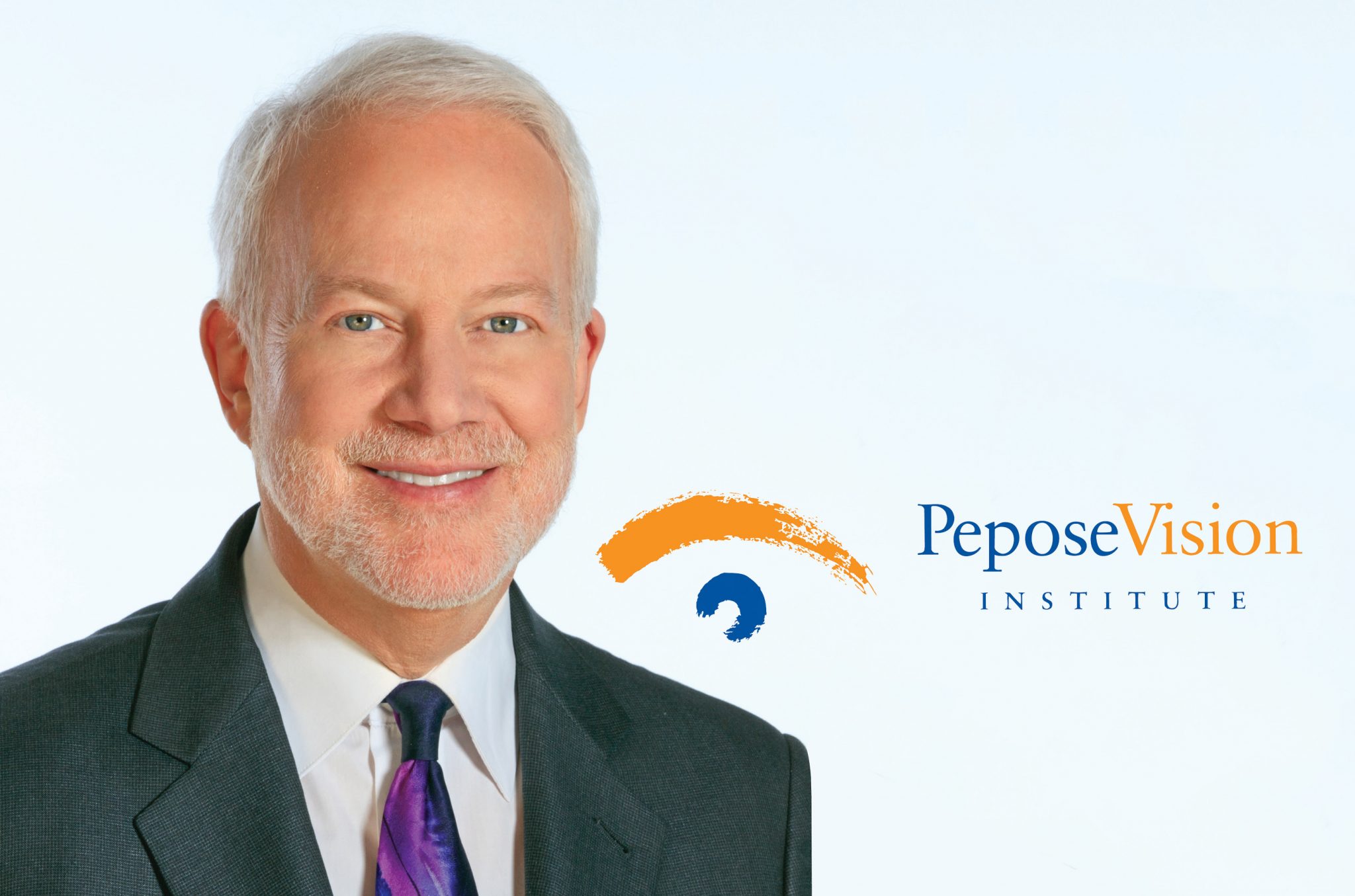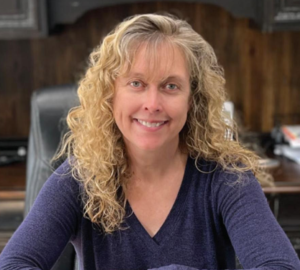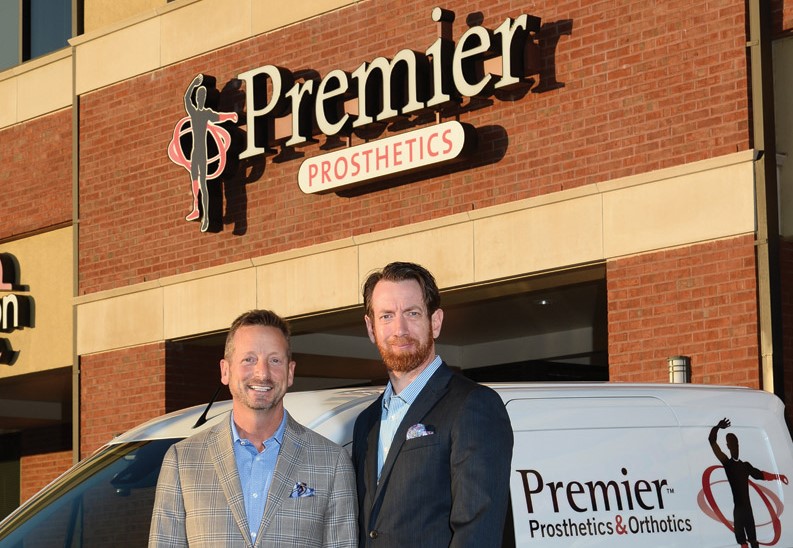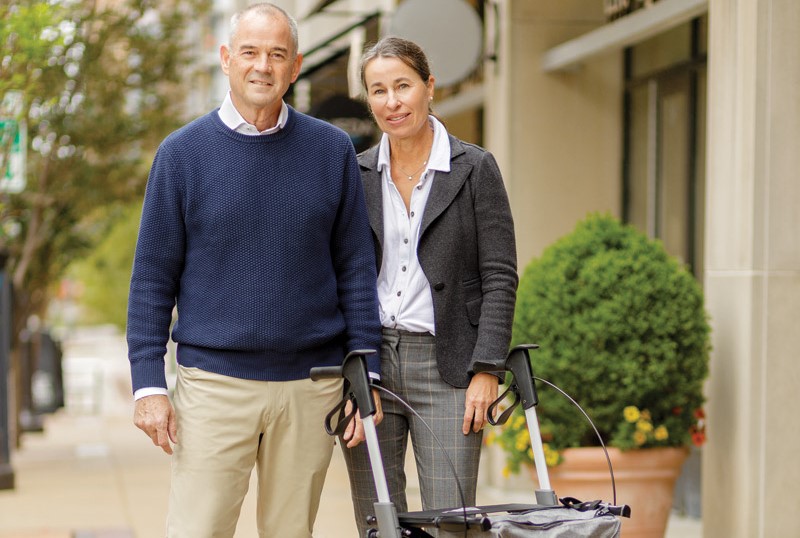While getting older is a fact of life for everyone, it doesn’t have to mean a gradual loss of vision to cataracts or hardened eye lenses. Bifocals and eyeglasses once put a Band-Aid on these problems, but modern medicine has found ways to correct them—and with little or no downtime.
Dr. Jay Pepose of Pepose Vision Institute says he is amazed by the developments he has witnessed in his field since he began practicing a few decades ago. Lens replacement surgery in particular has come a long way. Not only are the surgical materials different now, but the surgery itself has been reduced to a 20-minute outpatient procedure.
“Some patients can get off of the operating table and read the monitor, something many say they haven’t been able to do since elementary school,” Pepose says. “That’s life-changing.”
Replacement lenses used to be made of inflexible plexiglass and required substantial incisions to implant the eye. Now, they are made of acrylic or silicone and unfurl once they’re placed within a minimal incision area, meaning there is no need for sutures or extensive recovery times.
A similar theme applies to cataract surgeries. People often used to wait until their cataracts became thick and cloudy before they addressed the problem, but now, there is no reason not to undergo the surgery and get on with their lives. “We’ve almost converted the cataract experience to the LASIK experience,” Pepose says.
And although lens and cataract procedures are common at Pepose Vision Institute, they’re not the only options available for aging populations. In addition to cutting-edge treatments for lenses and cataracts, the practice also treats macular degeneration, dry eye, and retina- and cornea-related issues, among many others.
Participating in clinical trials also is a primary way Pepose and his team expose patients to experimental treatments. The practice was one of the first to implant a miniature telescope in the eye of a patient with severe macular degeneration, helping the person regain some eye function after being mostly blind.
“We’re not just the people who are practicing ophthalmology, we’re the people who are changing ophthalmology,” Pepose says. “The practice is made up of doctors who are very committed to their patients. They’re very caring people, and they’re striving for excellence.”
Pepose Vision Institute has been operating since 1999 and has four surgeons and two optometrists. The practice has two locations, one in Chesterfield and another in south St. Louis.
Pictured above: Dr. Jay Pepose
636.728.0111 • peposevision.com
*Sponsored content








